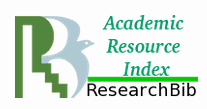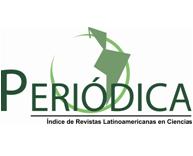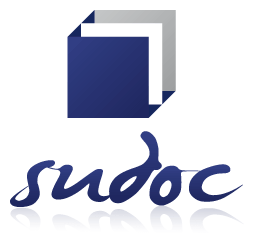THE CIRCULAR ECONOMY: ITS BENEFITS IN THE IMPROVEMENT OF PROCESSES ORIENTED TOWARDS SUSTAINABLE ENERGY TRANSFORMATION
Keywords:
biogas, circular economy, energy sustainabilityAbstract
Introduction:
The Circular Economy is a development model based on the most effective management of production cycles, so that the needs of humanity are satisfied with greater rationality.
Objective:
To analyze the most relevant elements of the Circular Economy for its application to improve processes in the search for sustainable energy transformation with the use of Renewable Energy Sources, particularly biogas from waste, in different study scenarios.
Materials and Methods:
The research is mixed, due to its quantitative and qualitative nature. The systematic review methodology was considered; a universe was defined. Bibliographic references were reviewed in different databases on the circular economy, and its application in different scenarios in a context of energy sustainability.
Results and Discussion:
A reflective analysis was obtained on the definition of the Circular Economy, origin, management models, strategies for its implementation, most advanced countries in its application, the evaluation methodology and general indicators. Case studies were analyzed in different scenarios including the sustainable use of energy.
Conclusions:
The Circular Economy is superior to the linear economy; its advantages are evident in the search for alternatives to improve processes, with a lower impact on natural resources. This achieves energy sustainability based on the use of Renewable Energy Sources in line with the Sustainable Development Goals.
Downloads
Downloads
Published
How to Cite
Issue
Section
License

This work is licensed under a Creative Commons Attribution-NonCommercial 4.0 International License.




















